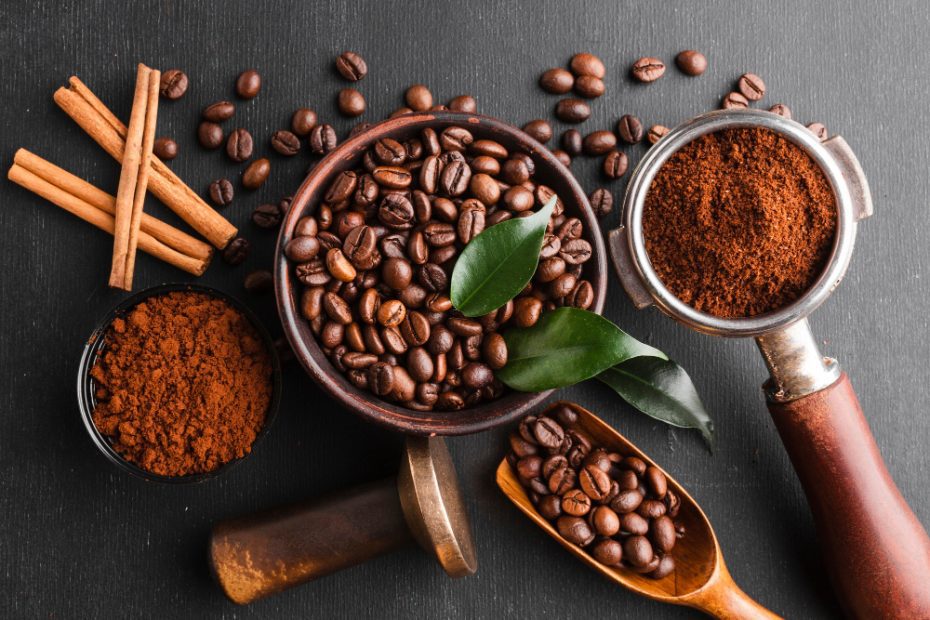The difference between breakfast coffee and regular coffee largely lies in the blend, roast, and sometimes, caffeine content. While the term “breakfast coffee” might conjure images of a steaming mug accompanying your morning toast, in the world of coffee, it’s more than just a time-specific beverage. To understand this difference better, we delve into what makes a coffee a “breakfast blend,” how it compares to other blends, and what you should be considering when choosing your morning cup.
Is Breakfast Blend Coffee Mild?
The term “mild” can be somewhat deceptive when it comes to breakfast blends. Mildness in coffee is generally understood in relation to its acidity, flavor profile, and sometimes its caffeine content.
“Mildness in coffee is not solely about low caffeine content but also involves a smoother and lighter taste.”
Breakfast blends are usually a mix of beans from different regions and are often lightly roasted. This lighter roast contributes to a smoother, less acidic taste. While a mild coffee is often less complex in flavour, many people find that lighter roasts like breakfast blends have enough complexity to offer a satisfying experience.
| Type of Coffee | Acidity | Flavor Complexity |
|---|---|---|
| Breakfast Blend | Low to Medium | Medium |
| Dark Roast | Low | High |
| Espresso | Medium to High | High |
Thus, while a breakfast blend coffee is relatively mild in comparison to more robust, dark-roasted options, it’s not necessarily inferior in terms of flavor or quality.
No products found.
What Kind of Coffee is Good for Breakfast?
The ideal breakfast coffee largely depends on personal preference. There are no strict rules, but here are some general guidelines to consider.
- Light Roasts: As previously mentioned, breakfast blends are often light roasts. They’re great if you enjoy a mild, less acidic coffee.
- Medium Roasts: These provide a balanced flavor and are a good middle-ground option.
- Dark Roasts: These are for those who enjoy a strong, robust cup of coffee. The bitterness can help counter the sweetness of a sugary breakfast.
- Flavored Coffees: If you prefer your coffee to be an experience in itself, flavored coffees can add an exciting twist to your morning.
“Choosing your breakfast coffee is like choosing your morning mood. Opt for a blend that aligns with how you want to start your day.”
For those watching their caffeine intake, decaffeinated versions of all these roasts are generally available. However, if you’re looking for a caffeinated jolt to start your day, regular or dark roasts usually contain more caffeine than light roasts or breakfast blends.
How to Make Your Perfect Breakfast Coffee
The method of preparation can significantly impact the taste and strength of your coffee. Popular methods among the UK audience include:
- French Press: Ideal for those who like their coffee strong and robust.
- Espresso Machine: Perfect for the coffee aficionados willing to invest time and money into their morning cup.
- Filter Coffee: A convenient and popular method for a quick and decent cup.
- AeroPress: Offers a compromise between the strength of espresso and the convenience of filter coffee.
As you navigate your morning routine, bear in mind that the right coffee can make all the difference. Whether you prefer a mild breakfast blend or a robust dark roast, the choice is a personal one. With the variety of blends and preparation methods available, every morning presents an opportunity for a new coffee experience.



